|
Gleb Bobrov Gleb joined the University of Calgary in September 2017 as a PhD student in Chemical Engineering. He received his PhD in Engineering Sciences, M.Sc and B.Sc in Chemical Technology and Biotechnology at Kazan National Research Technological University, Russia. His research was focused on the development of thermoplastic vulcanizates based on blends of immiscible polymers via melt mixing using different compatibilization technics including in-situ compatibilization. As a member of Dr. Trifkovic’s group, Gleb's work focuses on solid polymer electrolytes, approaches to improve polymers ionic conductivity, polymer-polymer and polymer-nanoparticle interactions. The current project includes incorporation of Cellulose Nanocrystals (CNC) and Cellulose Nanofibers (CNF) into the polymers such as poly(ethylene oxide) and poly(vinylidene fluoride) to alter their crystallinity and through increasing amorphous phase content improve their ionic conductivity. Work includes application of confocal microscopy to assess the CNC and CNF distribution in polymers. |
 |
|
Kourosh Khaje Kourosh joined the Redox Flow Battery research team in Sep 2017. He has been working in the area of Research & Development for the past 20 years. He gets his first MSc degree from the University of Technology in Sweden. His researched focused on CFD modelling of Stirred Tank Reactor. He worked as Research Assistance for few sustainable technology development projects for European Union until August 2006. Kourosh then joined the University of Calgary and completed his 2nd MSc in Chemical and Petroleum Engineering in 2007 in the area of Experimental and simulation of Nano-particle cyclone. Since then he has been working as Sustainable Technology Consultant identifying and providing solutions to energy and environment challenges in Oil & Gas industry in Alberta. He is currently a PhD chemical engineering student at the University of Calgary. His current research activity is focused on economic benefits, business value and environmental impact of developing Redox Flow Batteries (RFB). |
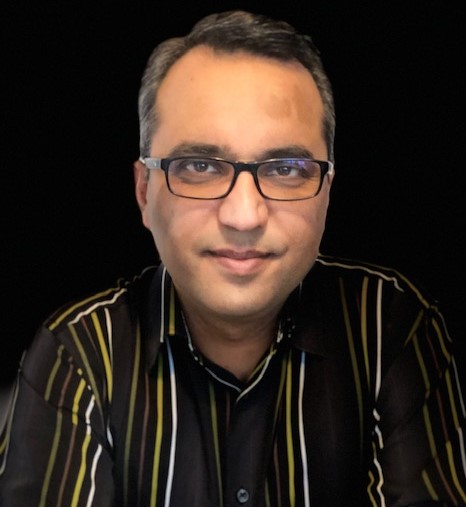 |
|
Arthur Novaes de Amorim Arthur is a PhD candidate at the University of Calgary department of economics. His research interests are at the intersection of environmental economics and idea generation. He is working on quantifying the impacts of energy storage regulations on innovations related to energy storage technologies. Arthur holds a Master of Arts degree in Economics from the University of Ottawa. During his time in Ottawa, he worked for the Natural Resources Canada Office of Energy Efficiency on how product quality changes in response to changes in standards for energy efficiency certifications. |
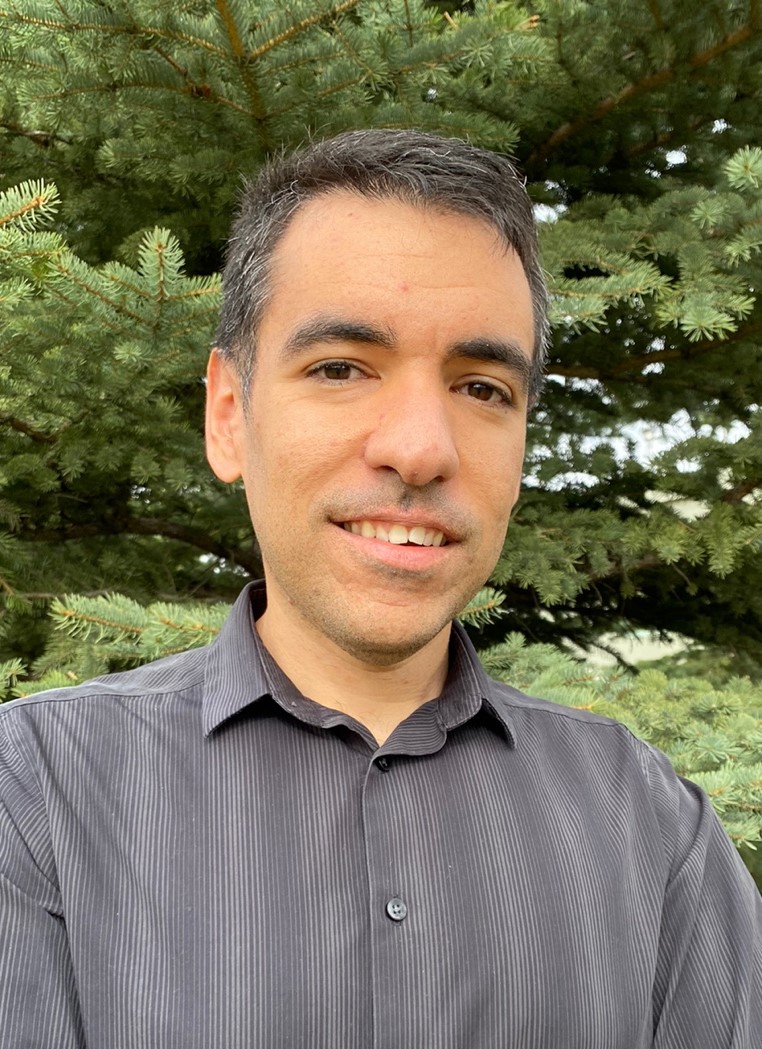 |
|
Jialang Li I grew up in Tianjin, China. My academic Journey began by studying the Li-Sulfur battery at Tianjin University. After getting my bachelor’s degree in 2015, I joined the University of Calgary. My Masters research focused on cell design and electrode material of all-vanadium redox flow battery. I defended my master thesis in 2018, and joined Dr. Viola Birss’ research group to pursue my PhD in electrode materials. My research focused on the modification of nano porous carbon scaffold as CO2RR catalysts. |
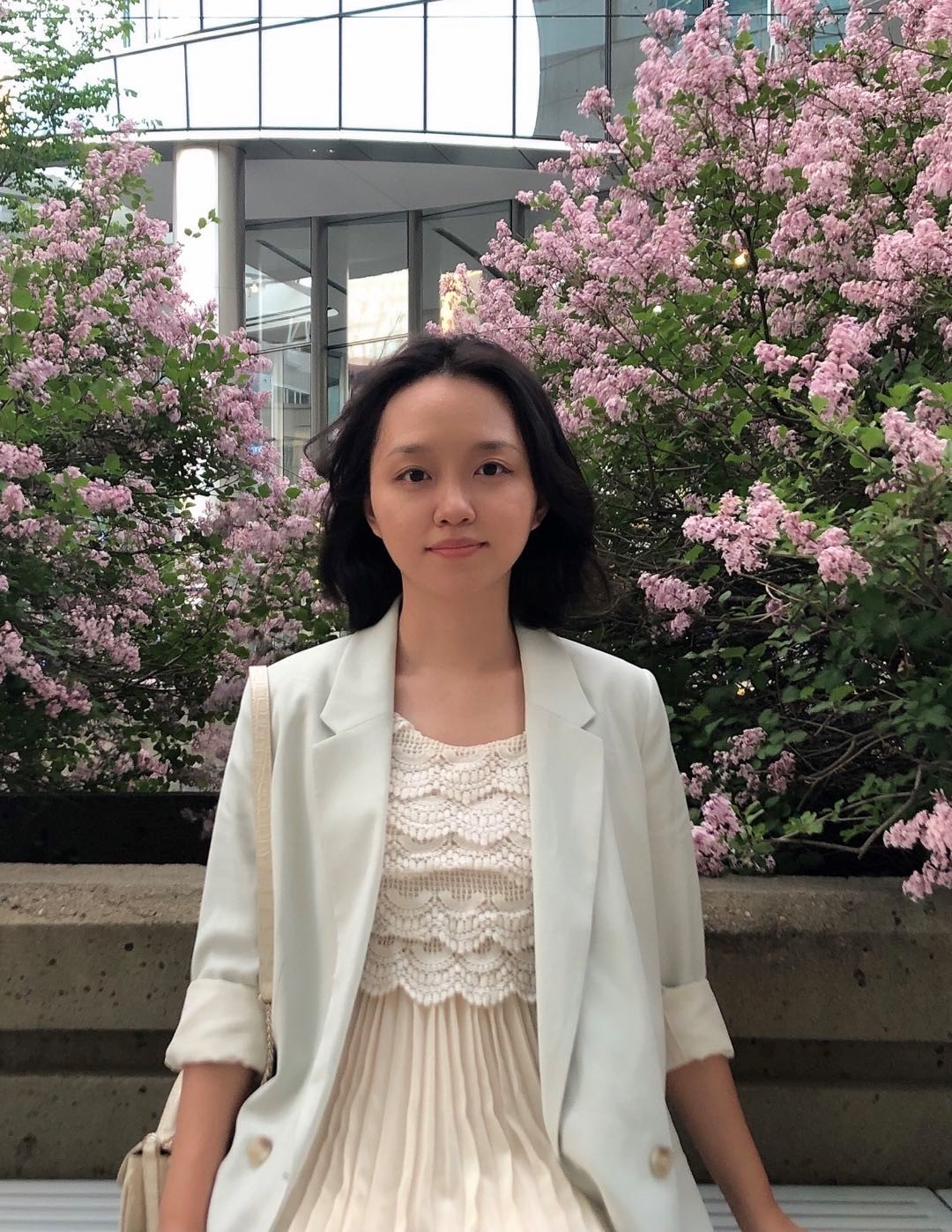 |
|
Thilini Boteju Thilini is a PhD student in the Department of Chemistry under the supervision of Dr V. Thangadurai and Dr S. Ponnunrangum. She joined the University of Calgary in May 2021. Her research focus is on Solid State electrolytes and Li-S batteries using density functional theory-based computational studied. She received her BSc in Chemistry from the University of Sri Jayewardenepura, Sri Lanka 2015 and an MBA from Cardiff Metropolitan University, UK 2019. |
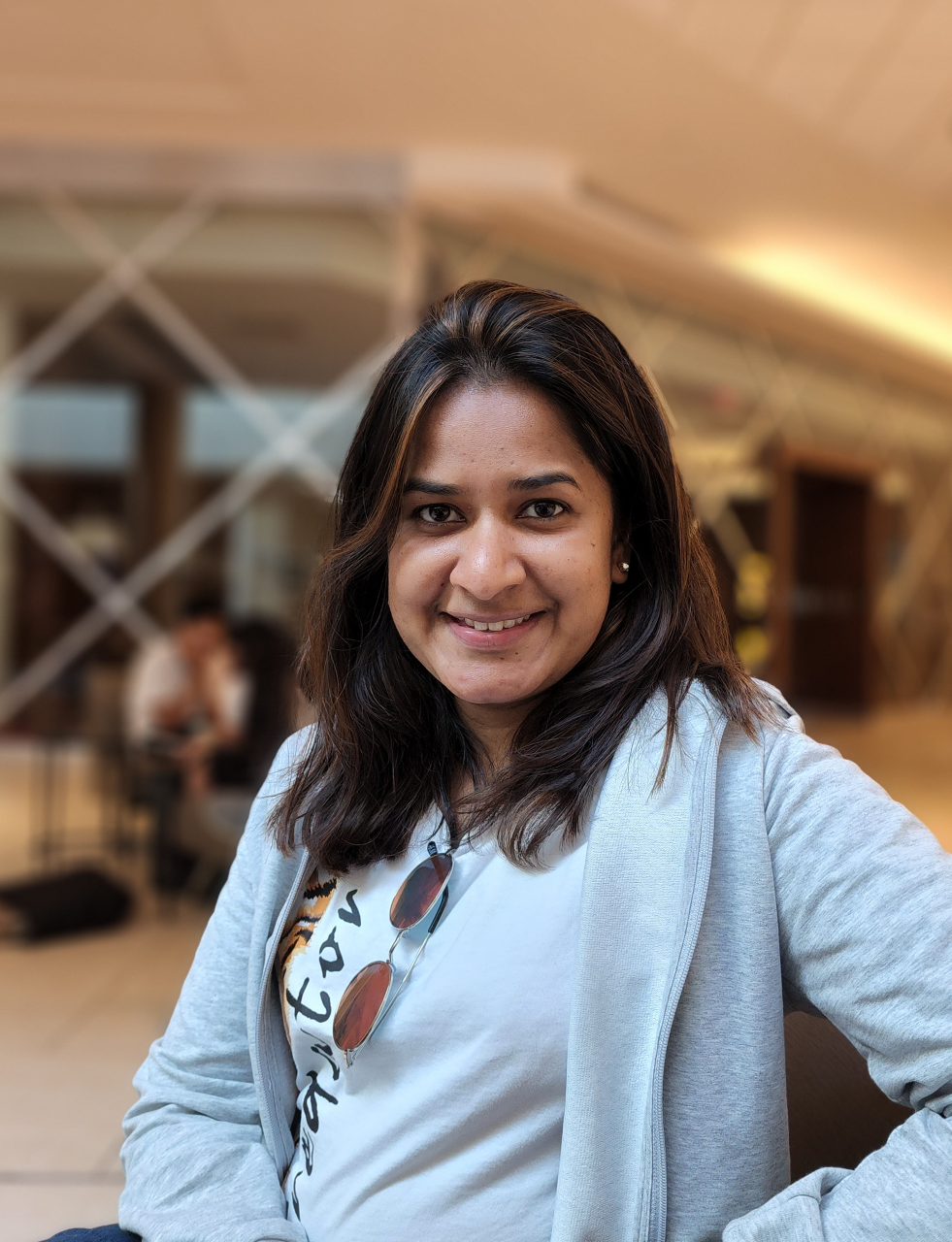 |
|
Emily Nishikawa Emily Nishikawa is a PhD candidate in Dr. Joule Bergerson’s group in the Chemical and Petroleum Engineering Department in the Schulich School of Engineering at the University of Calgary. She assesses carbon conversion technologies in early stages of development from life cycle and techno-economic perspectives. Electrochemical and thermochemical pathways are of particular interest, as well as biomass alternative fuel production. Previously, she worked with biosorption of toxic metals for wastewater treatment and R&D of consumer products.
|
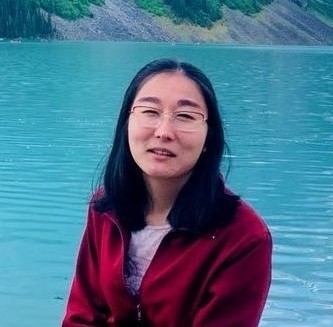 |
|
Aroosa Javed Aroosa Javed received her Master’s degree in Chemistry from National University of Sciences and Technology (NUST), Pakistan, specializing in materials development for photocatalytic applications. She is currently a PhD student at the at the Department of Chemistry, University of Calgary (UofC), Canada supervised by Professor Venkataraman Thangadurai. Her research interests include development of cathode materials for solid oxide fuel cells and solid oxide electrolysis cell. |
 |
|
Oluwatemitope Familoni
Oluwatemitope is a graduate student at the University of Calgary. He holds a bachelor's degree in industrial chemistry and a master's degree in chemistry. He recently joined Professor Venkataraman Thangadurai's research team, the Advanced Ionics for Sustainable Energy Lab, where he is conducting research on solid-state ion conductors for energy storage and conversion application. He is an avid learner and a research enthusiast. His experience is not limited to academia as he has worked in other sectors like manufacturing industries and the service sector, prior to this time. As it is well known that research births many innovations and development in the world, Oluwatemitope has set himself on that path of being part of the development of sustainable energies.
|
 |
|
Maedeh Pahlevaninezhad Maedeh is currently a PhD student in Chemical Engineering at the university of Calgary, Department of Chemical and Petroleum Engineering. Her research interests are Energy storage systems and redox flow batteries. She is working on performance improvement of Vanadium flow batteries. She holds an MSc degree in Chemical Engineering from Isfahan University of Technology where her MSc thesis was focused on CO2 absorption in a nanofluidic system. She earned her BSc degree in Chemical Engineering from the University of Isfahan, working on waste water treatment for her project.
|
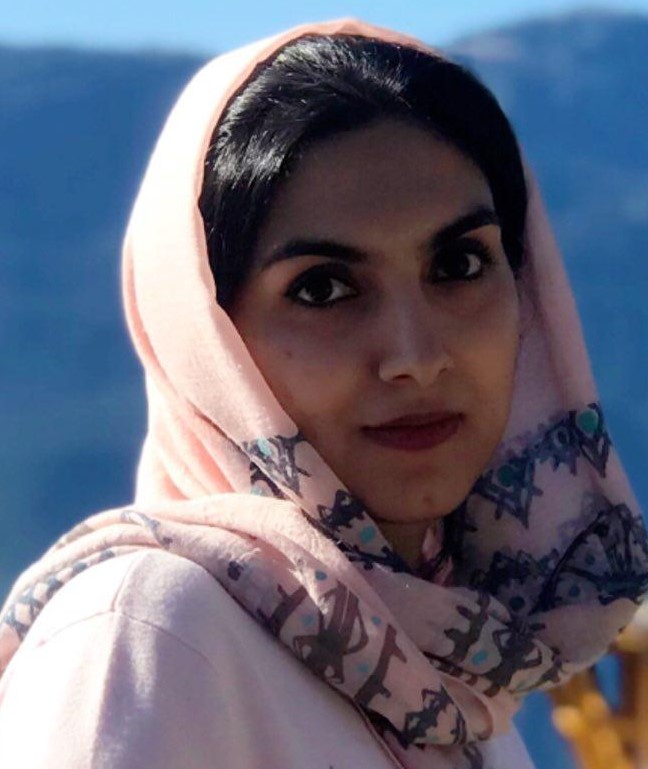 |
|
Fatemeh ShakeriHosseinabad Fatemeh is a PhD student in Department of Chemical and Petroleum Engineering under the supervision of Dr. Edward (Ted) Roberts. She has joined the University of Calgary in January 2016. Her research focuses on “Secondary Batteries Using a Zinc Negative Electrode”. Fatemeh has received her BSc in Chemical Engineering from Iran University of Science and Technology, Tehran. Her BSc research focused on “Membrane Separation”. She has received her M.Sc. in Chemical Engineering from Sharif University of Technology, Iran, Tehran. Her MSc research was centered on “Carbon Capture and Sequestration”. |
|
|
Lia Newitt Lia joined Dr. Joule Bergerson’s research group at the University of Calgary in Spring 2021. She is a Ph.D. Candidate in the Chemical and Petroleum Engineering department, specializing in Energy and Environment. Prior to joining Dr. Bergerson’s group, Lia graduated with a Bachelors Degree in Chemical Engineering from the University of Calgary in 2018. She then worked for three years at a petroleum engineering consulting firm, earning her Professional Engineering designation.
As a Ph.D. candidate, Lia’s research is focused on the life cycle assessment of the petrochemical industry in a low carbon future. Lia intends to develop modelling capability by integrating the refinery of the future into the Petroleum Refinery Life Cycle Inventory Model (PRELIM), developed at the University of Calgary.
|
 |
|
Orrsam Aadil Abubaker Orrsam is a M.Sc. student in chemistry under Dr. Venkataraman Thangadurai. He completed his bachelor’s degree in chemistry at the University of Calgary. His research focuses on developing and testing cathode materials for intermediate temperature solid oxide fuel cells (IT-SOFCs). SOFCs are energy conversion devices which can generate electricity from hydrocarbon fuels with high efficiency and low pollution. However, the high operation temperature between 800 -1000 ºC results in numerous disadvantages such as material degradation, long start-up and shut-down times, along with expensive sealant and interconnect materials. Thus, reducing the operating temperature to the intermediate range of 500-750 ºC can mitigate these disadvantages. Along with his research in SOFC cathodes he is a member of the chemistry graduate student association (CGSA). He has participated in planning regular events in the chemistry department including but not limited too: the departments coffee parties, the new grads welcome party and the alumni event. |
 |
|
Tazia Khusboo Tazia is a PhD student at the University of Calgary in the Department of Economics. Her research interests include environmental and energy economics, industrial economics, development economics, and macroeconomics. She joined the CREATE ME program in May 2020 to collaborate with the pioneers of the energy storage technologies. Her goal is to study the impacts of the commercialization of energy storage innovations on industrial costs and input markets. Tazia obtained her Master of Arts in Economics from The University of British Columbia (UBC) in 2018. In 2019, she joined as a faculty member at BRAC University, Bangladesh at the Department of Economics and Social Sciences (currently on study leave). Tazia has worked in research teams assessing development projects funded by donors including The World Bank, UNDP, Institute of Development Studies (IDS), and ILO. The projects she contributed to addressed a range of socio-economic, and politico-legal issues including gender, regional trade, education, sexual and reproductive health and rights, climate change, and social protection. |
 |
|
Shukang Xiao Shukang is a PHD student from Department of Economics at University of Calgary and is expected to graduate in year of 2024. He became a member of Create me2 in June 2020. He got a master’s degree of Economics and a bachelor’s degree of Public administration in China. His previous research focuses on public economics and development economics. His research aims at improving the understanding of the interaction between public policies and individual behaviors. He will continue his research in the applied microeconomics under the guidance of Dr. Alexander Whalley. |
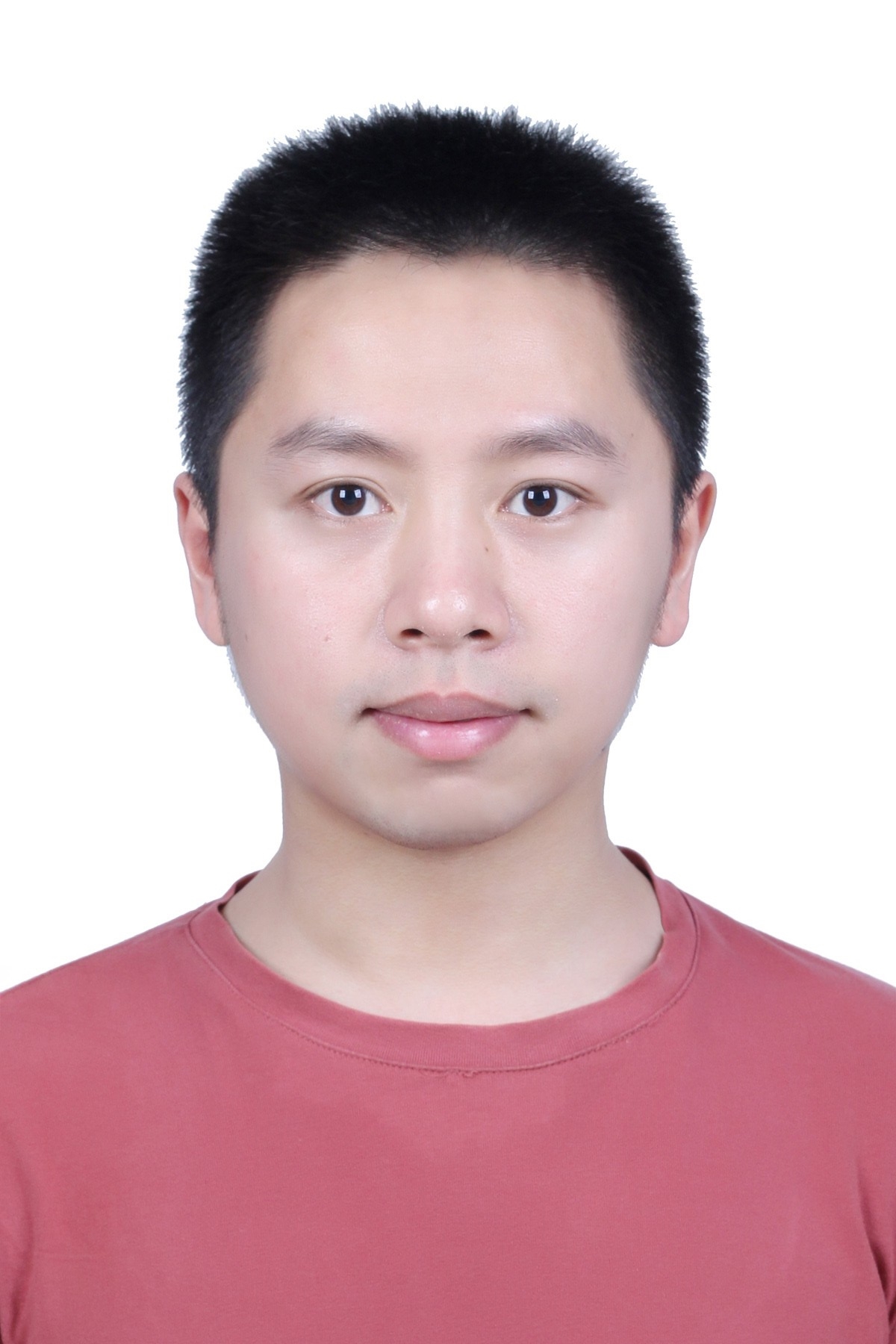 |
